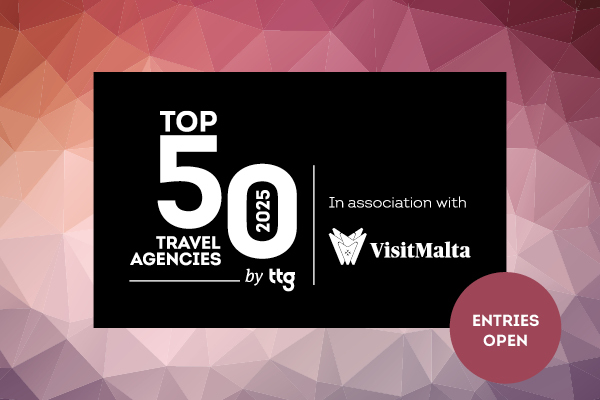Data shows ‘significant’ jump in travel-related fraud
 Will Payne
Will PayneThere has been a "significant jump" in travel-related fraud, according to recent data from consultancy firm RSM.
The findings showed a 120% increase in fraud activity from consumers in regards to holidays, which RSM claimed was a result of an increase in demand for holidays.
Despite a significant increase in risk, the number of businesses that think they are likely to fall victim has fallen. According to RSM’s The Real Economy report, more than a quarter (27%) of middle-market businesses, including those in the travel industry, have experienced a cyber-attack in the past year, up from one in five (20%) last year.
The research found the number of businesses that felt they are "very likely" to fall victim to a ransomware attack has fallen significantly, from 34% in 2021 to 24% this year.
To prevent an attack, travel companies have been advised to educate senior executives so they have a clear understanding of cyber risks, ensure systems are set up to automatically apply security updates and back up all data.
Ian Bell, partner and head of travel and tourism at RSM, said the "rapid shift" to homeworking brought about by Covid meant travel businesses were initially more aware of the need for tighter cyber security measures as people logged on to work from home, often utilising their own unsecured devices.
"Now, as companies have already made an initial investment in protecting their business, and focus has shifted to gearing up to accommodate increasing demand for holidays, there is a risk they mistakenly believe they have done enough and have now developed a false sense of security," he added.
"With the industry working hard to recruit workers in order to fulfil current levels of demand, it’s important that cyber-related training isn’t overlooked when onboarding new staff."
Sign up for weekday travel news and analysis straight to your inbox
Supplier Directory
Find contacts for 260+ travel suppliers. Type name, company or destination.















